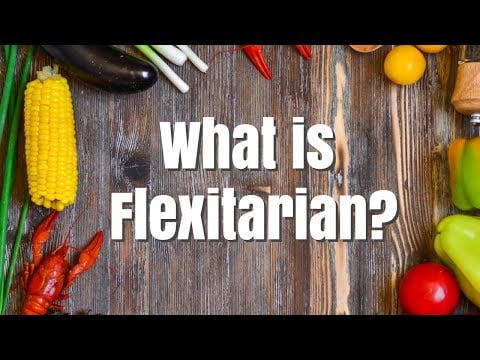Sustainability and healthy diets are growing concerns that more people have now. Sustainability means that we practice habits that can maintain the environment over a long period, while healthy diets refer to a diet that incorporates healthy foods in the right amounts. Finding a balance between sustainability and healthy eating is not always easy. One diet approach that has proven successful in both areas is the Flexitarian Diet. In this blog post, we will explore the benefits of adopting a flexitarian approach to sustainable healthy diets.
What is a Flexitarian Diet?
A flexitarian diet is a plant-based diet that allows occasional meat consumption. It’s a healthy alternative to a fully carnivorous diet without the strict limitations of a vegetarian or vegan diet. The diet focuses on consuming diverse, plant-based foods such as fruits, vegetables, whole grains, and legumes. Flexitarians typically have one or two meatless days in a week, where they consume only plant-based foods.
The Benefits of a Flexitarian Diet
There are several benefits to adopting a flexitarian diet, including:
- Sustainability. Eliminating or reducing meat consumption benefits the environment. It reduces greenhouse gas emission, water usage, and land usage associated with meat production.
- Nutrient-dense foods. By limiting meat consumption, flexitarians inject more nutrient-dense foods like fruits, veggies, and legumes into their diet, which improves overall health and reduces the risk of chronic diseases.
- Flexibility. Unlike fully vegetarian or vegan diets that have strict guidelines, a flexitarian diet is more practical and easier to maintain because it allows for occasional meat consumption. This makes it easier for people to transition to a more plant-based diet.
- Improved digestion. Plant-based foods are packed with fiber, which is essential for healthy digestion. Completely eliminating meat intake allows the body to break down and absorb nutrients in a more natural way, leading to better digestion and gut health.
- Weight loss. A flexitarian diet that limits the consumption of processed foods and meat is suitable for weight loss, promoting long-term weight loss success.
- Healthful habits for future generations. By practicing a sustainable and healthy diet, we can set examples for future generations to follow. Consuming plant-based foods and reducing meat intake is especially necessary to secure a healthy future for our planet.
In conclusion, adopting a flexitarian diet is a great way to improve overall health and to promote sustainability. By reducing the consumption of meat-based products, we can reduce our carbon footprint and preserve the environment. Flexitarianism allows its practitioners to introduce diversity into their diets while promoting health and wellness easily. With its numerous benefits, the flexitarian diet is a flexible and practical approach to sustainable healthy eating.





